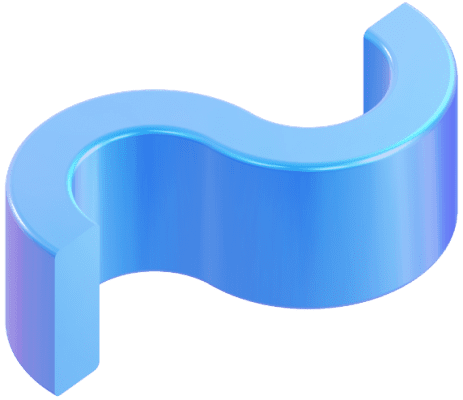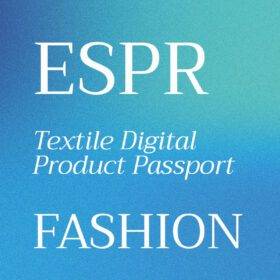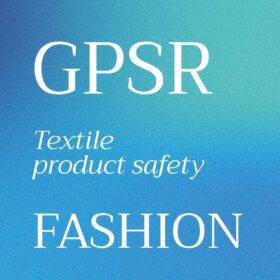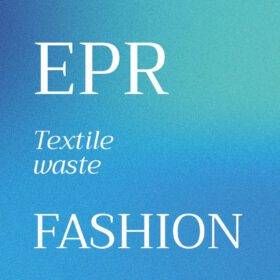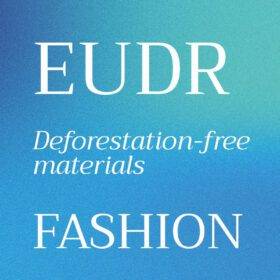The EUDR EU regulation on leather and fashion governs the placing and making available on the EU market, as well as the export, of goods “that contain or have been fed or manufactured using cattle, cocoa, coffee, oil palm, rubber, soy and wood as raw materials.” This means that the fashion industry is directly affected, particularly companies working with leather and natural rubber to manufacture garments, footwear or accessories.
Reading time: 4 minutes
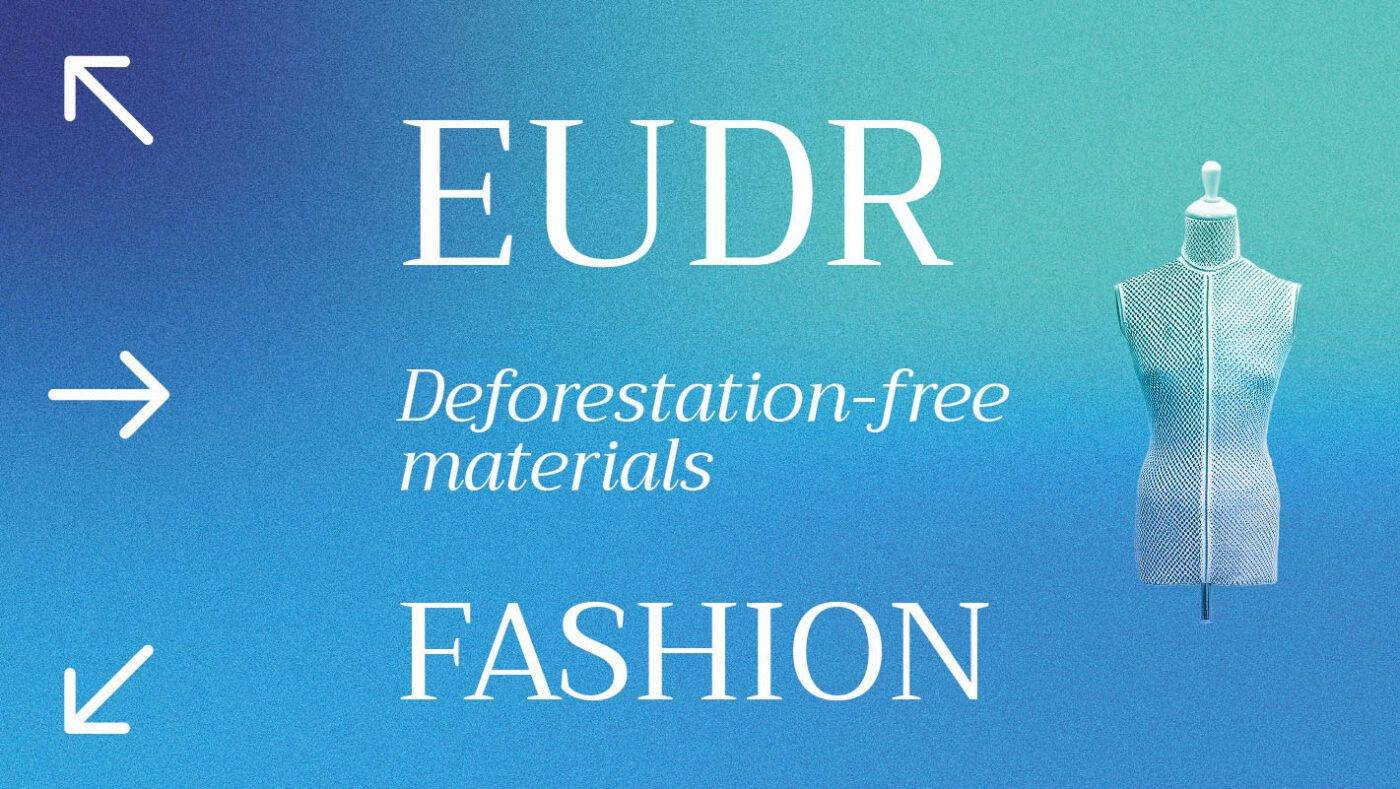
Index
- Key product requirements and due diligence
- EUDR EU: what leather and fashion companies must do
- Deadlines, obligations and penalties
- From EUDR EU compliance in leather and fashion to the Digital Product Passport: the value of traceability
- How EZ Lab supports your EUDR EU compliance in leather and fashion
- Discover the other EU Regulations in the fashion, clothing, textile, and apparel sector
Key product requirements and due diligence
The EUDR EU regulation, formally the Regulation on Deforestation-Free Products, also applies to the leather and fashion sectors. It sets out three conditions that affected products must meet:
- Be covered by a due diligence statement
- Be deforestation-free, meaning sourced from land not subject to deforestation after 30 December 2020
- Be produced in compliance with local legislation in the country of origin
EUDR EU: what leather and fashion companies must do
AUnder the EUDR EU, fashion and leather companies operating in the EU must implement robust due diligence processes, including:
- Information collection, proving the product’s compliance
- Risk assessment for deforestation, forest degradation and legal non-compliance. If risks are significant, corrective measures must be taken
- If risk is negligible or absent, a due diligence statement must be issued
For goods from countries classified as “low-risk” (a list to be defined by the European Commission by 2025), a simplified due diligence process may apply that requires only basic product data.
Deadlines, obligations and penalties
Leather and fashion companies must meet the EUDR EU due diligence obligations by the following deadlines:
- By 30 December 2025 for large enterprises (over €50 million in turnover or 250+ employees)
- By 30 June 2026 for small and micro enterprises
Failure to comply with the EUDR EU regulation in the leather and fashion sectors may lead to penalties of up to 4% of annual turnover, goods being blocked from the EU market, and reputational damage, resulting in consumer distrust and negative impacts on the business.
From EUDR EU compliance in leather and fashion to the Digital Product Passport: the value of traceability
The information and certifications collected for EUDR EU compliance can be integrated into a Digital Product Passport (DPP), allowing fashion and leather companies to enhance supply chain traceability.
Key DPP benefits for fashion brands:
- Transparent traceability: Full visibility into material origins and supply chain details
- Compliance checks: Centralised integration of environmental certificates and chain-of-custody documentation
- Blockchain and notarisation: Verifiable, tamper-proof, always-accessible data
- Consumer engagement: A simple QR code allows customers to verify product sustainability, increasing trust and perceived value
How EZ Lab supports your EUDR EU compliance in leather and fashion
With our dedicated software platform, our legal advisory team, and partnerships with accredited certification bodies, we help you meet EUDR EU requirements within the specified timelines.
Once certifications and due diligence data are in place, they can be embedded into your Made in Block Digital Product Passport, transforming it into a new digital touchpoint that strengthens your brand, enhances your narrative around sustainable fashion, and builds customer trust.
Request a free consultation and discover more here.
Discover the other EU Regulations in the fashion, clothing, textile, and apparel sector
- Digital Product Passport Regulation – EU ESPR for FashionIn this article, we delve into the Digital Product Passport… >
- GPSR EU Fashion & Apparel: safety of textile productsThe General Product Safety Regulation (GPSR), fully effective from December… >
- EPR textile waste – The solution for the Extended Producer ResponsibilityThe European Commission has proposed an amendment to the Waste… >
- EUDR EU for leather and fashion: obligations, traceability and DPPThe EUDR EU regulation on leather and fashion governs the… >







